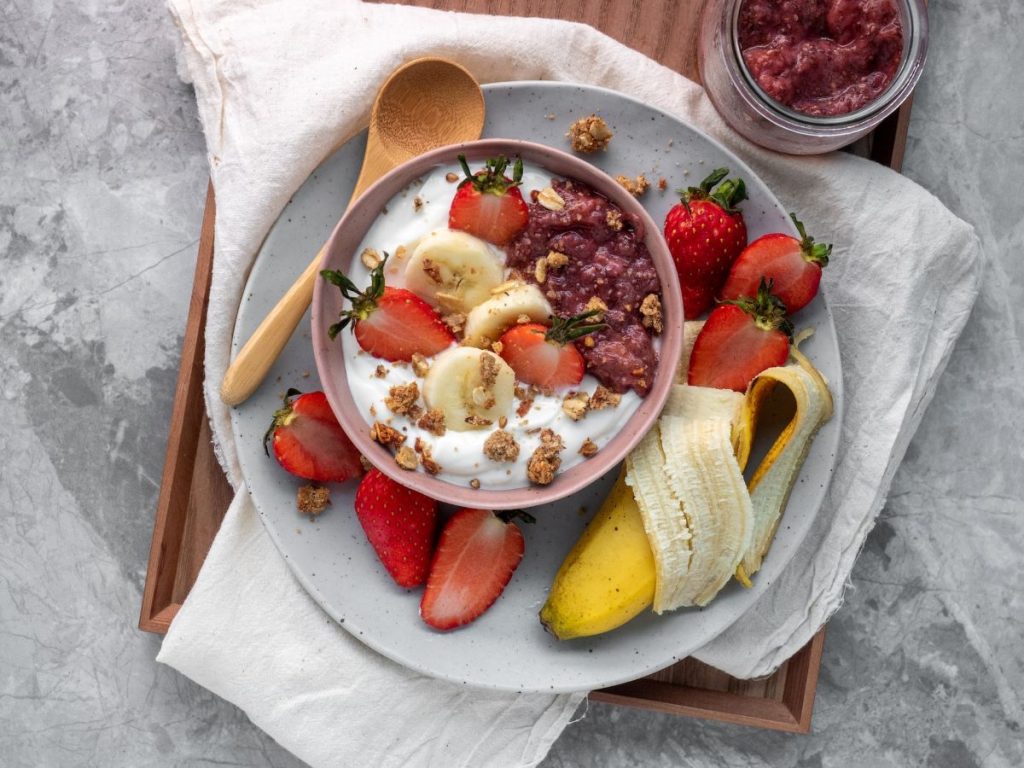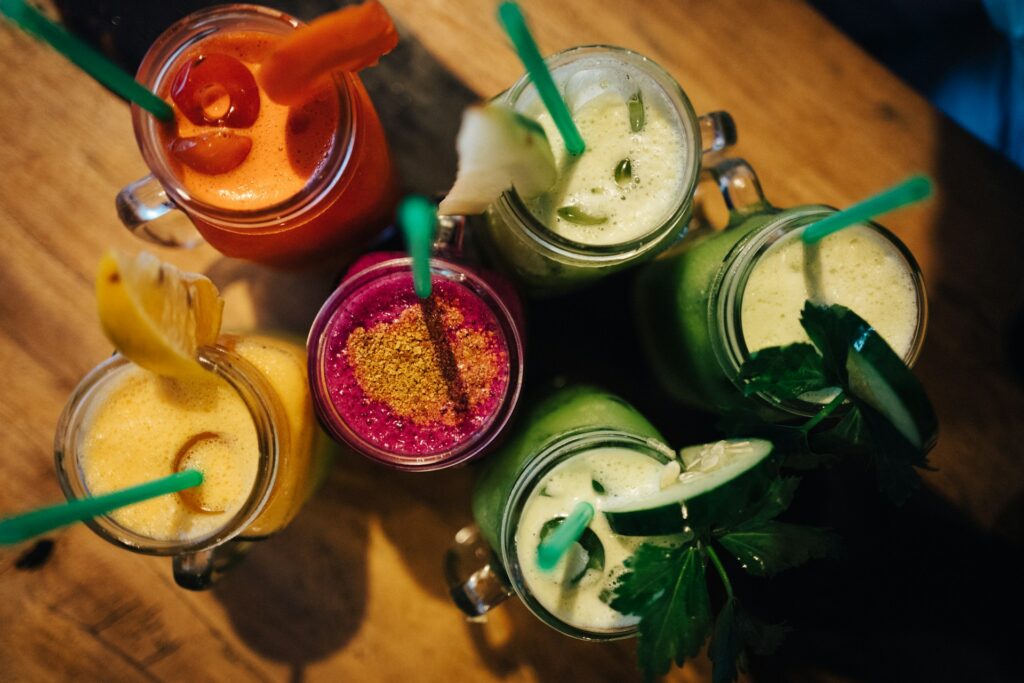
Body + Mind is reader-supported. We may earn an affiliate commission when you buy through some of the links on our site.
Your gut microbiome isn’t just about digestion — it’s the control center for your immunity, mood and overall health. Healing your gut goes way beyond probiotics or trendy diets. It’s about restoring balance in your body from the inside out. But what does that actually look like and how do you know when your gut needs help?

Your gut microbiome is basically your body’s very own internal rainforest — dense, diverse and full of life. It’s made up of trillions — yes trillions — of bacteria, viruses, fungi and other microbes living mostly in your large intestine. Far from being just digestive helpers, these tiny organisms are behind some of your body’s biggest processes and help with everything from keeping your immune system strong to regulating your mood and hormones.
In fact, scientists sometimes refer to the gut as the second brain because it is directly connected to the central nervous system through the vagus nerve. So, when your gut microbiome is balanced, you feel energized, focused, and even happier. But when things are off, you might deal with everything from bloating to breakouts to feeling constantly sluggish.
Your microbiome can weigh up to four to six pounds — about the same as your brain. That’s a lot of bacteria working overtime to keep you well.
If your gut microbiome could speak, it would probably be screaming during your third straight night of microwave dinners and doomscrolling. However, since it can’t use words, it sends signals — and they’re often easy to miss if you don’t know what to look for. Here are a few common gut distress signals:
And here’s the kicker — around 70% of your immune system lives in your gut, so when your microbiome is out of whack, your whole body feels it. A troubled gut can even influence how you absorb nutrients, how often you get sick and how sharp your mind feels day-to-day. So if you’ve been “off” lately and can’t quite explain why, it might be time to stop blaming Mercury retrograde and start paying attention to you gut.

Healing your gut isn’t about hopping on a trendy juice cleanse or buying expensive probiotic gummies. It’s about rethinking how you treat your body every day. Yes, food is a major player. However, your gut also loves regular sleep, movement, downtime and even positive emotions. Chronic stress and antibiotic overuse can seriously mess with your gut flora. The good news is that you don’t have to overhaul your life overnight. Small, sustainable steps are the secret sauce. Here are a few gut-happy habits worth sharing:
Don’t demonize all bacteria, either. Your body needs the good kind. A nourished gut is a balanced gut and that balance is what leads to long-term energy, better mood and fewer sick days.
If the world of gut health feels like alphabet soup, you’re not alone. Prebiotics, probiotics, postbiotics — it’s a lot. But don’t worry, here’s the breakdown in plain English:
If you’re still confused, think of it this way: prebiotics bring the snacks, probiotics are the party guests and postbiotics are the happy energy left in the room after a great night.
The magic really happens when all three work together — so try to include a variety of gut-friendly foods throughout your day for the best effect.
Here’s where it gets real: healing your gut isn’t always a graceful glow-up. Sometimes, it gets worse before it gets better.
You might feel more bloated, moody or even tired during the first few days or even weeks of making dietary shifts, especially if you’re cutting sugar or gluten or introducing new foods. This isn’t failure. It’s often a die-off reaction, where bad bacteria are exiting and your gut is adjusting to the new normal.
That’s why it’s important to go slow, stay hydrated and track your symptoms. Journaling how you feel after meals or changes can help you spot patterns and progress. Consider working with a registered dietitian of functional medicine practitioner if you’re dealing with chronic issues like IBS, PCOS, autoimmune conditions or persistent acne.
Healing is not linear, but it is worth it. Just ask anyone who’s finally sleeping better, having regular bowel movements or glowing without foundation thanks to a balanced gut.

Good gut health isn’t about the occasional green smoothie — it’s built into your daily rhythm. The goal is to support your microbiome from sunrise to sleep without it feeling like a full-time job. Here’s a sample Gut Glow routine you can try:
Morning:
Midday:
Evening:
Remember, gut health is holistic. Gratitude journaling, deep breathing and even laughing more can lower stress and reduce gut inflammation.
Healing your gut microbiome isn’t about perfection — it’s about small, daily choices that can add up. Feed it well, lower your stress and stay consistent. Your gut holds more power than you realize, from your mood to your immunity.
Your email address will only be used to send you our newsletter, and at any time you may unsubscribe. For more information, see our Privacy Policy.